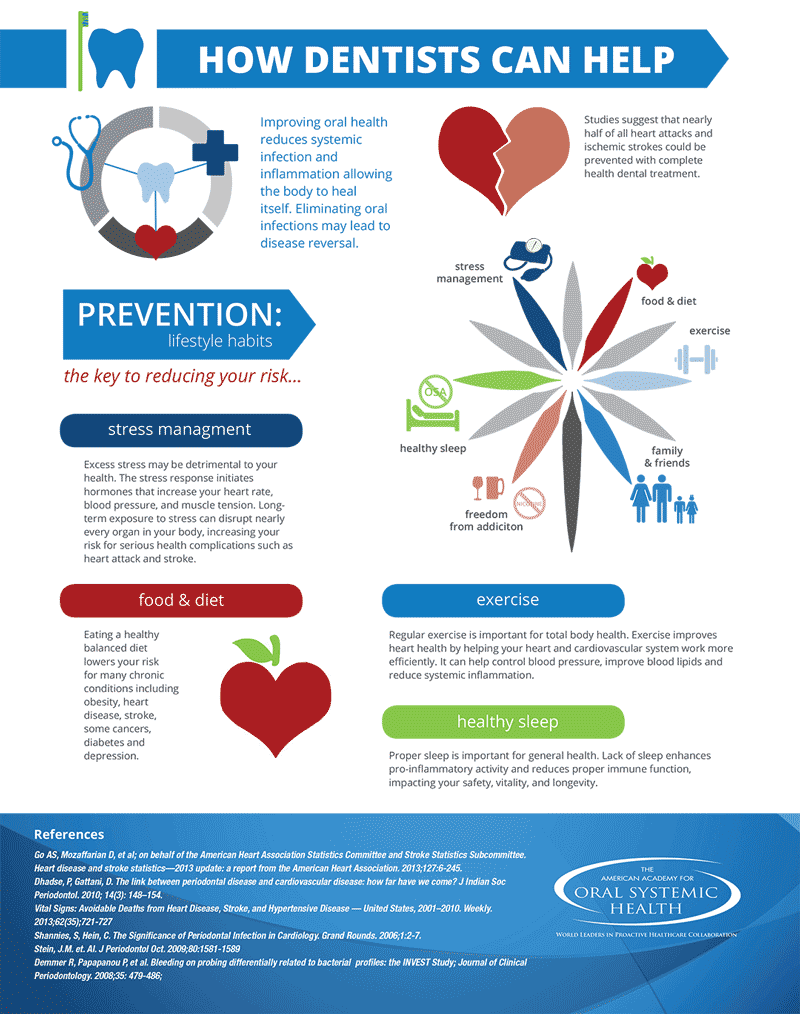Do YOU have GUM (periodontal) disease?
• Do your gums bleed when you brush or floss?
• Do you notice a bad taste in your mouth?
• Do you have bad breath?
• Do your gums look red or swollen?
• Do you have any loose teeth?
• Do you currently suffer from or have a family history of diabetes, heart disease, rheumatoid arthritis, osteopenia?
• Do you feel under stress or run down?
• Do you have numerous fillings, bridges and crowns in your mouth?
• Do you have any areas where your gums have receded to make your teeth appear longer?
If you answered yes to any of the above questions, it is likely that you have some form of periodontal disease.
There is no magic wand for treating periodontal disease. It requires ongoing professional maintenance care coupled with good home habits.
What are the main risk factors of Periodontal Disease?
Genetics
Even with the best home care a number of people are more susceptible to gum disease due to genetic factors. Specific genetic tests have been developed that can identify particular genes which are responsible for gum disease. This will help determine your risk and help in the management of the disease. History of disease in relatives and family members are an indication of increased genetic risk.
Systemic Diseases
If you suffer from any inflammatory diseases like heart disease, high blood pressure, diabetes, rheumatoid arthritis, lupus or others then you are at high risk for developing gum disease. These systemic diseases when not controlled can contribute to the development of periodontal disease because they make it harder for your body to fight off infection and inflammation.
Smoking
Research shows that smoking is the number one environmental risk factor in the development and progression of periodontal disease.
Stress
Many diseases including periodontal disease are linked to stress. Research has shown that stress depletes the ability of the body to fight infections. The body’s immune system is affected allowing infections and inflammatory conditions such as periodontal disease to flourish.
Good and Bad Bacteria
The mouth is an amazing environment that is shared with millions of over 500 types of bacteria, of which only some are involved in disease progression. We are forever fighting for a healthy balance within our mouths without realising it.
We have all had the ‘furry’ sensation when we rub our tongue over the surfaces of our teeth. This is plaque biofilm, which is a growth of bacteria on our teeth, which needs to be removed daily.
The bad bacteria cause gingivitis, infecting gums. Our immune system steps in to fight these invaders. As a result the gums become inflamed and may bleed when you clean your teeth. Very much like when you have a splinter in your skin, unfortunately less feeling in your gums causes you to not notice this.
Untreated, this can progress into full-blown periodontitis where your immune system shows it’s dark side. The inflammation ulcerates the gum and destroys soft tissue and bone that supports your teeth. It also sends inflammatory substances throughout your body.
Oral Systemic Health
Researchers have discovered that out of control inflammation is the engine that drives chronic illnesses from heart disease, diabetes, cancers, arthritis and up to 50 other conditions.

